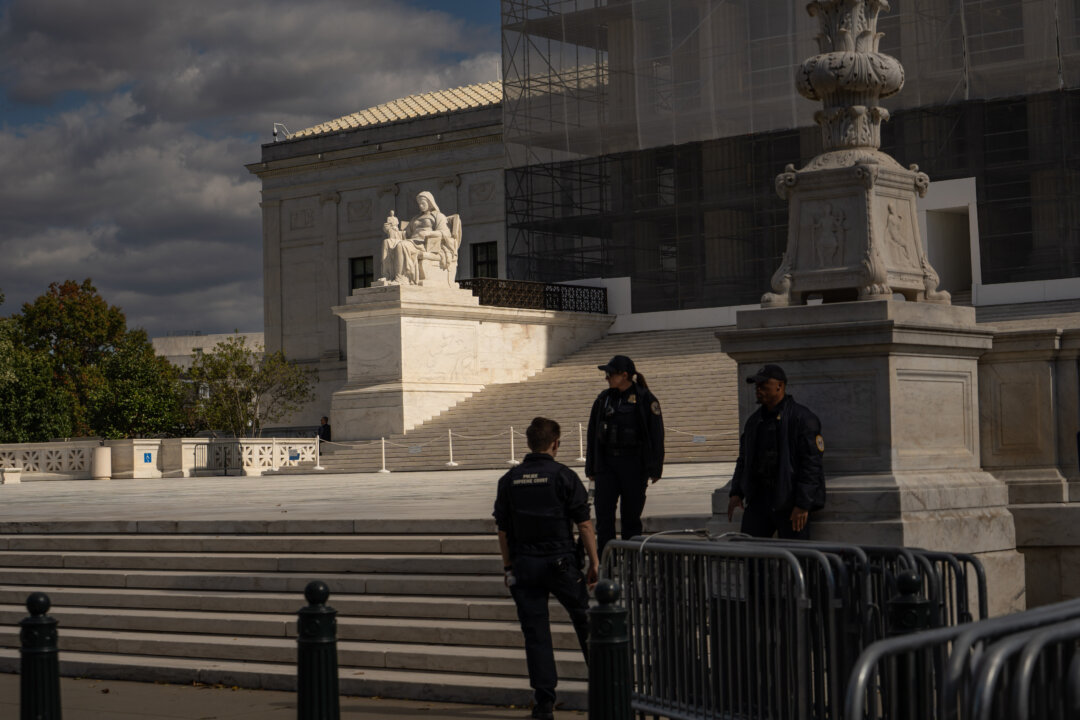- Total News Sources
- 2
- Left
- 1
- Center
- 0
- Right
- 1
- Unrated
- 0
- Last Updated
- 109 days ago
- Bias Distribution
- 50% Right


Supreme Court Weighs Military Contractor Liability in 2016 Afghanistan Bombing
The U.S. Supreme Court is deliberating whether a military contractor, Fluor Corporation, can be held liable for a 2016 suicide bombing at Bagram Air Base in Afghanistan that killed five people, including three U.S. soldiers, and injured 17 others. Former Army Specialist Winston Hencely, injured in the attack, alleges that Fluor negligently hired and failed to supervise the assailant, Ahmad Nayeb, violating its contractual duties and enabling the attack. The case raises questions about the extent of immunity military contractors have under the Federal Tort Claims Act and prior rulings like Boyle v. United Technologies Corp, which often shield contractors involved in wartime activities. Some justices expressed skepticism about Hencely's claims, emphasizing that military responsibility for base security may supersede contractor liability. However, Justice Elena Kagan suggested a potential exception if the contractor acted outside military directives. The case underscores the tension between protecting military contractors from lawsuits and ensuring accountability for failures that result in harm to U.S. soldiers.


- Total News Sources
- 2
- Left
- 1
- Center
- 0
- Right
- 1
- Unrated
- 0
- Last Updated
- 109 days ago
- Bias Distribution
- 50% Right
Related Topics
Stay in the know
Get the latest news, exclusive insights, and curated content delivered straight to your inbox.

Gift Subscriptions
The perfect gift for understanding
news from all angles.





